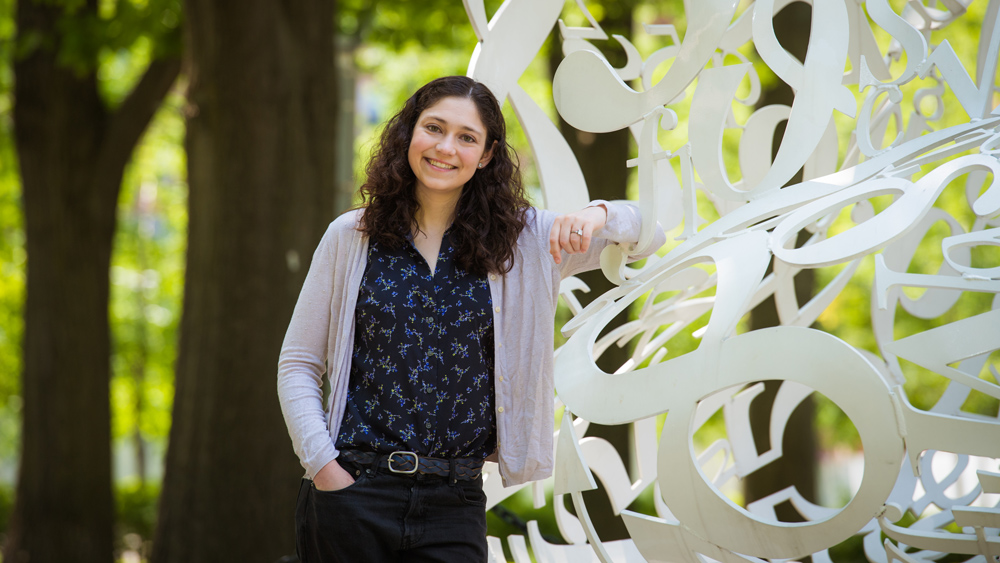Posted:

PhD student Sarah Nyquist applies computational methods to understudied areas of reproductive health, such as the cellular composition of breast milk.
Sarah Nyquist got her first introduction to biology during high school, when she took an online MIT course taught by genomics pioneer Eric Lander. Initially unsure what to expect, she quickly discovered biology to be her favorite subject. She began experimenting with anything she could find, beginning with an old PCR machine and some dining hall vegetables.
Nyquist entered college as a biology major but soon gravitated toward the more hands-on style of the coursework in her computer science classes. Even as a computer science major and a two-time summer intern at Google, biology was never far from Nyquist’s mind. Her favorite class was taught by a computational biology professor: “It got me so excited to use computer science as a tool to interrogate biological questions,” she recalls.
During her last two years as an undergraduate at Rice University, Nyquist also worked in a lab at Baylor College of Medicine, eventually co-authoring a paper with Eric Lander himself.
Nyquist is now a PhD candidate studying computational and systems biology. Her work is co-advised by professors Alex Shalek and Bonnie Berger and uses machine learning to understand single-cell genomic data. Since this technology can be applied to nearly any living material, Nyquist was left to choose her focus.
After shifting between potential thesis ideas, Nyquist finally settled on studying lactation, an important and overlooked topic in human development. She and postdoc Brittany Goods are currently part of the MIT Milk Study, the first longitudinal study to profile the cells in human breast milk using single cell genomic data. “A lot of people don’t realize there’s actually live cells in breast milk. Our research is to see what the different cell types are and what they might be doing,” Nyquist says.
While she started out at MIT studying infectious diseases, Nyquist now enjoys investigating basic science questions about the reproductive health of people assigned female at birth. “Working on my dissertatio
